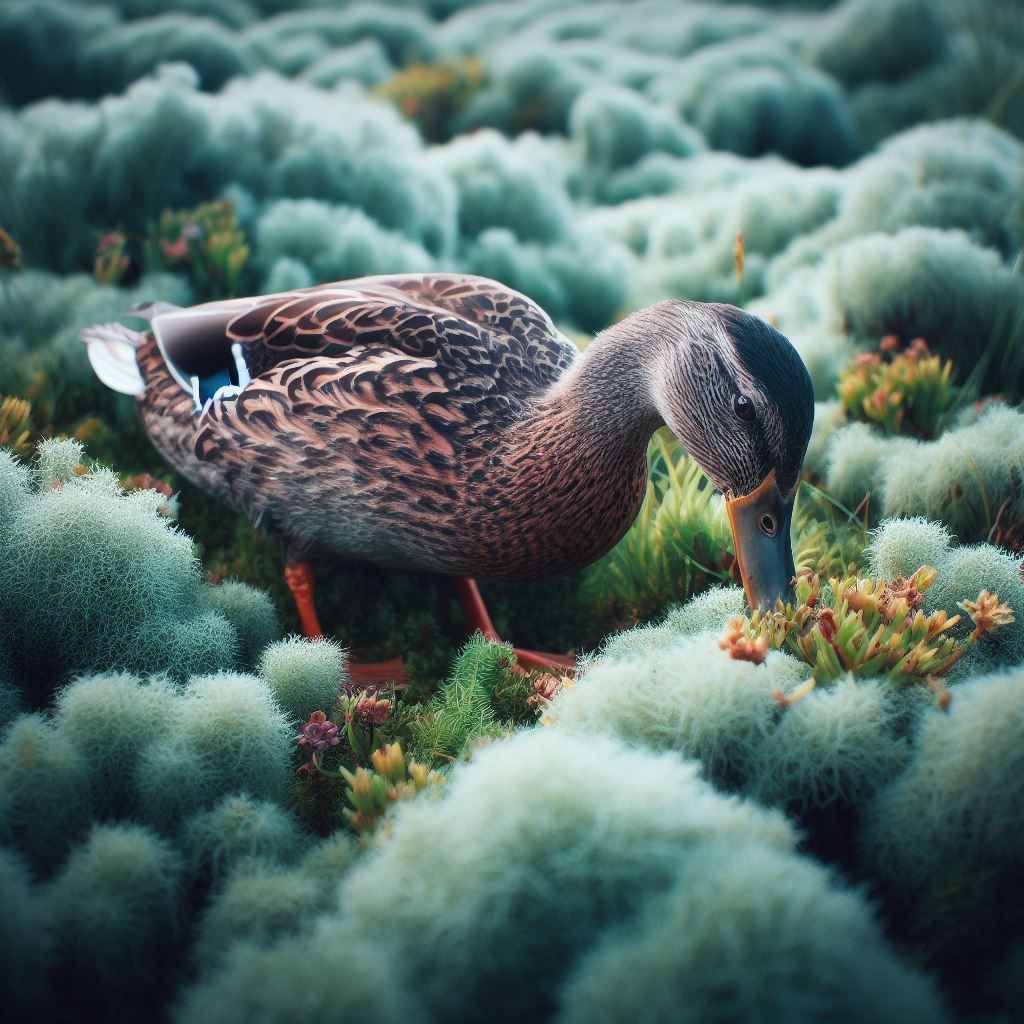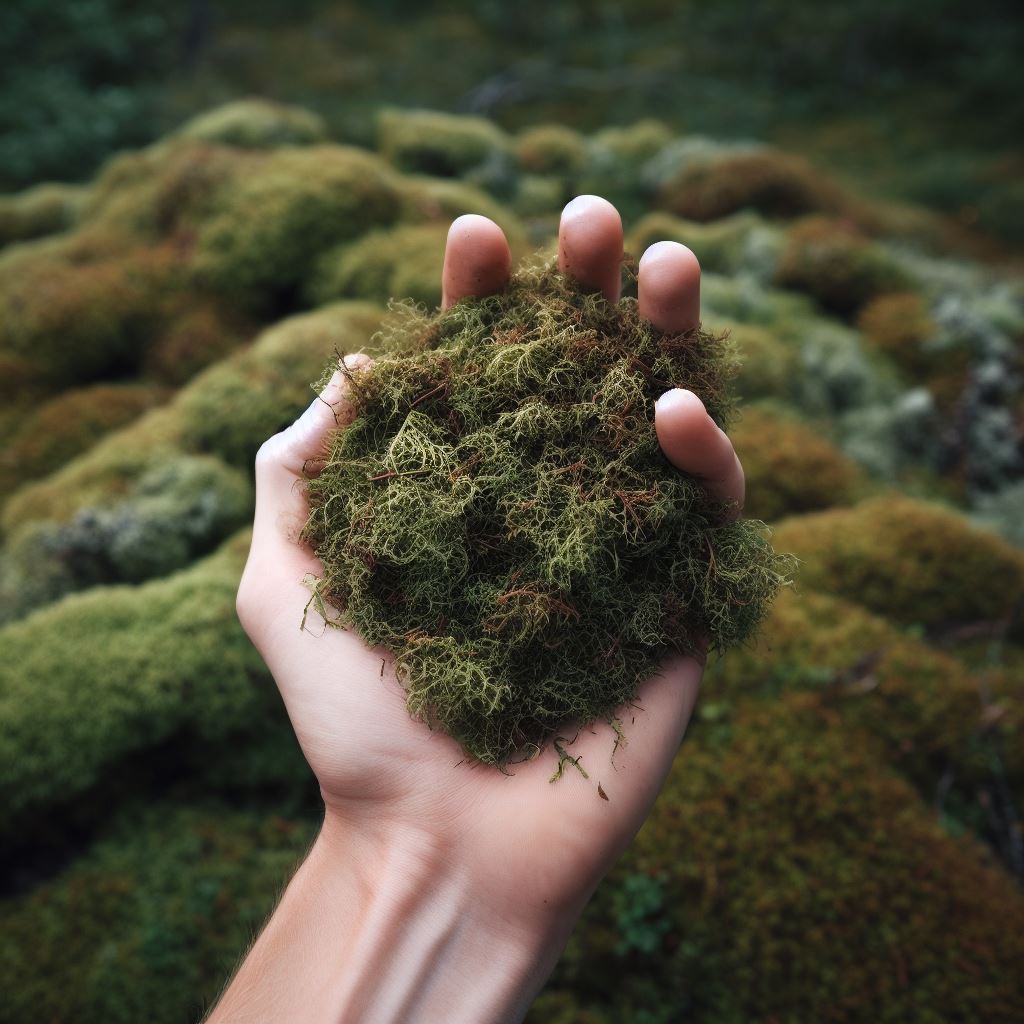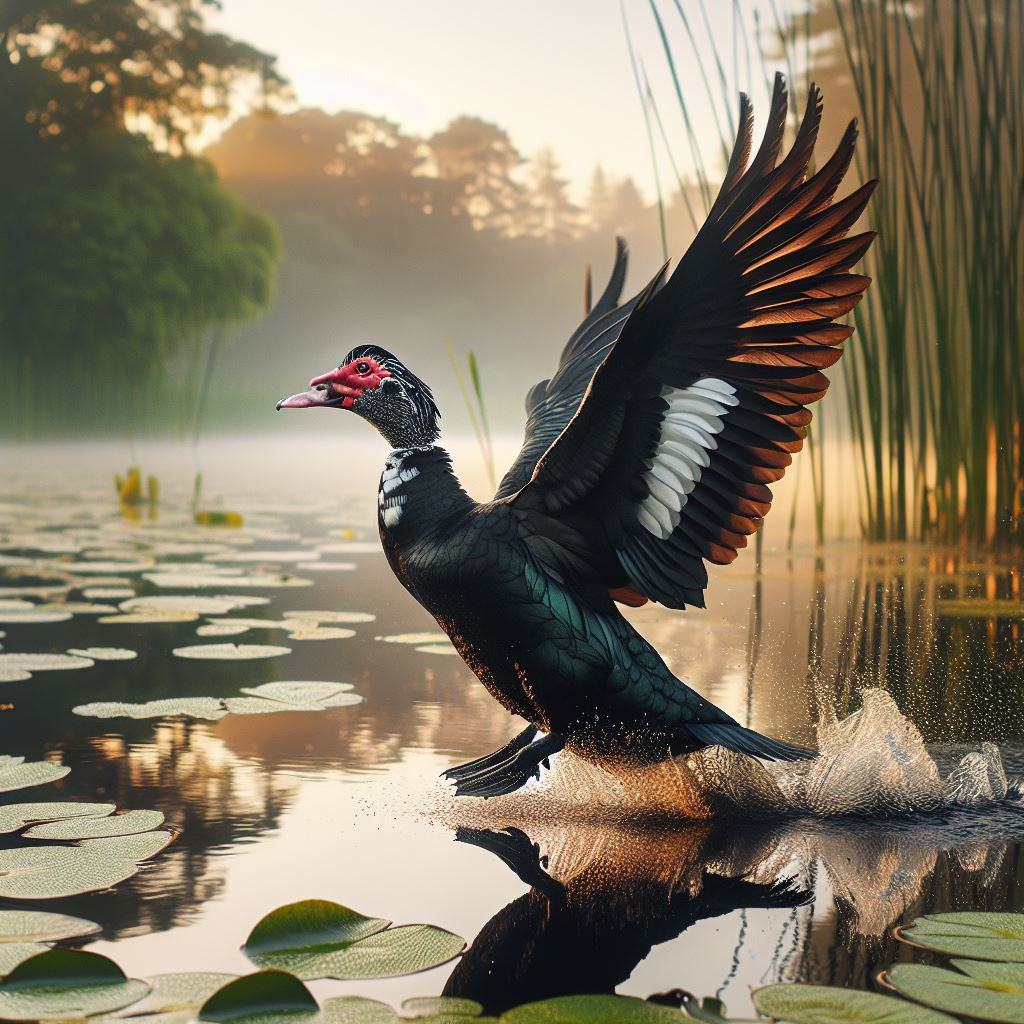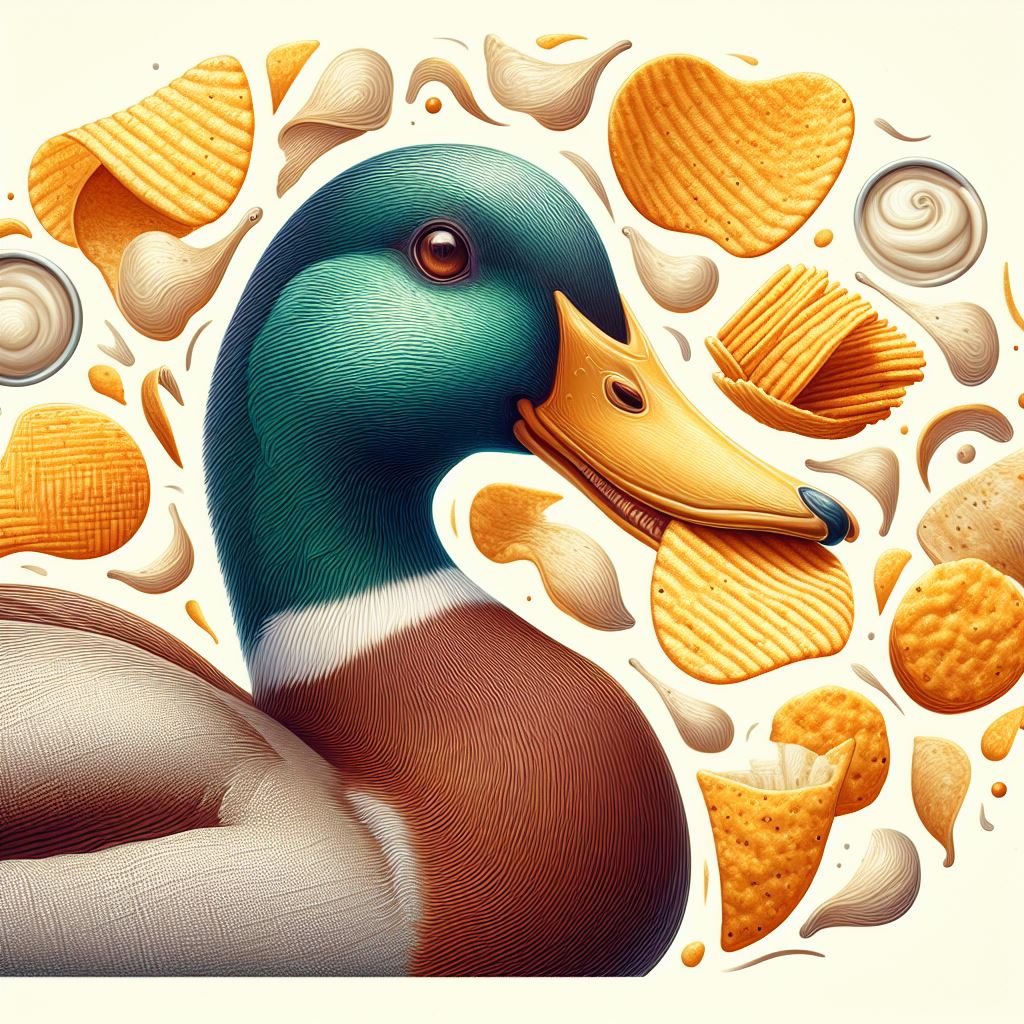Can Ducks Eat Moss? What You Need To Know

Table of content:
Yes, ducks can eat moss in moderation as an occasional treat. Moss provides some fiber, trace nutrients, and foraging enrichment.
But moss is low in protein, fat, and calories, so it should not replace balanced duck feed. Limit portions and ensure moss is washed and fresh.
Moss is a common sight in many backyards and parks, covering ground, rocks, and trees with its soft green carpet. If you have ducks, you may wonder if moss is a safe occasional treat or something to avoid.
There are over 12,000 species of moss worldwide. These non-vascular plants lack some structures like roots, flowers, and seeds that vascular plants possess. Instead, they reproduce via spores.
Moss thrives in damp, shady areas. Its soft texture and bright green color make it pleasing to look at but problematic when it overtakes lawns or hardscapes.
Some types of moss commonly found include:
- Sphagnum moss – spongy bog moss used in gardening
- Sheet moss – forms dense mats on rocks or soil
- Haircap moss – fine, hair-like strands on logs or trees
- Club moss – resembles mini evergreen trees
Moss gets its nutrients from rain, dust, and debris. It can absorb and retain lots of water, up to 20 times its weight! This resilience makes moss well suited to wet environments.
Is Moss Toxic?
Moss itself is non-toxic. However, there are a few cautions regarding ducks eating moss:
- Moss can absorb and concentrate pollutants like lead or pesticides. Avoid gathering moss near roadways or lawns treated with chemicals.
- Some ornamental mosses are treated with fungicides or insecticides and should be avoided.
- Certain types of blue-green algae growing on moss can produce toxins. These appear as dark green or blue-green discoloration.
As long as moss appears vibrant green and comes from a clean source, it is not inherently unsafe. Supervise ducks the first time offering moss and watch for any vomiting or diarrhea indicating an adverse reaction.
 Nutritional Value of Moss for Ducks
Nutritional Value of Moss for Ducks
Like humans, ducks are omnivores and need a balanced diet. Moss offers trace nutritional value:
Vitamins and Minerals
- B vitamins – important for metabolism and stress resistance
- Vitamin C
- Beta carotene
- Magnesium, calcium, iron, zinc
Fiber
- Moss contains insoluble fiber which aids digestion
Antioxidants
- May support immune health
However, moss is low in protein, fat, and calories which are vital to ducks’ energy and growth requirements. It cannot substitute for a complete feed or protein sources like insects. Think of moss as a trace mineral supplement rather than a major part of the diet.
Benefits of Offering Moss
While moss alone is insufficient, offering some moss provides ducks with:
- Foraging enrichment – ducks enjoy exploring and grazing on fresh mosses. It provides mental stimulation.
- Dietary variety – adds trace nutrients and fiber.
- Grit source – aids digestion and provides minerals.
- Hydration – helps meet ducks’ high fluid needs.
As an occasional treat, moss diversifies the diet while encouraging natural foraging behaviors. Monitor portions to prevent overeating.
Best Practices for Feeding Moss
Follow these tips for safely offering moss to ducks:
Choose Quality Moss
Inspect gathered moss and discard any that is:
- Dry, rotting, or moldy
- Growing in contaminated environments
- Decorative or chemically treated
Select fresh, vibrant moss free of other vegetation and dirt debris. Sphagnum or sheet moss are good choices.
Provide Limited Amounts
A few times a week, offer a small handful of moss per duck. Avoid large volumes or daily feeding.
Introduce Slowly
Initially offer just a few sprigs of moss at a time and watch for any intestinal upset. Increase gradually over 2 weeks.
Wash Thoroughly
Rinse moss under running water before feeding to remove dirt, insects, feces, or chemicals. Be sure all visible debris is washed away.
Offer as Part of a Balanced Diet
Ensure proper duck feeds make up the bulk of the daily diet. Continue providing essentials like poultry feed, grains, veggies, and insects.
Supervise Feeding
Stay present as ducks try moss for the first time. Separate any moss that is not immediately consumed to prevent spoilage in water.
With these precautions, moss is a safe supplemental treat ducks often relish!
Mosses to Avoid
Some mosses are unsafe for duck consumption. Do not offer:
- Old man’s beard – stringy lichen found on trees that can choke ducks
- Spanish moss – commonly draped on trees in southern U.S.
- Any moss growing in parking lots, roadsides, or treated lawns
- Bright blue-green moss signaling algal growth
- Dry, rotting moss which may contain mold
Monitor moss color and texture. When in doubt, do not include it. Stick to verified fresh, green moss from trusted sources.
What About Wild Ducks?
Ducks foraging in nature ingest moss regularly as part of diverse diets. Scientists analyzing wild duck gizzards often find moss, along with seeds, leaves, and aquatic plants.
However, wild ducks graze selectively and sporadically on mosses. They consume a wide variety of naturally available foods to meet nutritional requirements. Providing a balanced diet for domestic ducks requires more care from owners.
Signs of Excessive Moss Consumption
Be alert for these signs that your ducks ate too much moss:
- Lethargy or weakness
- Decreased appetite
- Weight loss
- Loose droppings or diarrhea
- Vomiting
- Feathers appearing ruffled, dull, or falling out
These issues generally resolved by stopping moss feeding. Call your vet if symptoms concern you or persist beyond 48 hours.
Quick Facts on Ducks and Moss
| Item | Description |
|---|---|
| Suitable as an occasional treat | Yes, in moderation |
| Provides significant nutrition | No |
| Safe moss types | Sphagnum, sheet, etc. |
| Unsafe mosses | Old man’s beard, Spanish moss, moldy/rotten moss |
| Maximum portion | Handful per duck, 2-3 times weekly |
| Precautions | Wash thoroughly, supervise initially, discontinue if reactions |
Conclusion
Ducks will naturally nibble on moss. Offering small portions of fresh moss supports duck health through added fiber, minerals, and foraging enrichment.
Ensure moss supplements a balanced diet rather than replacing key nutrition from poultry feeds and protein sources.
With some common sense precautions regarding moss freshness and portion sizes, it can be a safe periodic treat ducks enjoy.
Welcome. I’m Adreena Shanum, the proud owner of this website, and I am incredibly passionate about animals, especially poultry. I founded adreenapets.com as a labor of love, stemming from my desire to share my knowledge and experiences with poultry enthusiasts worldwide.




